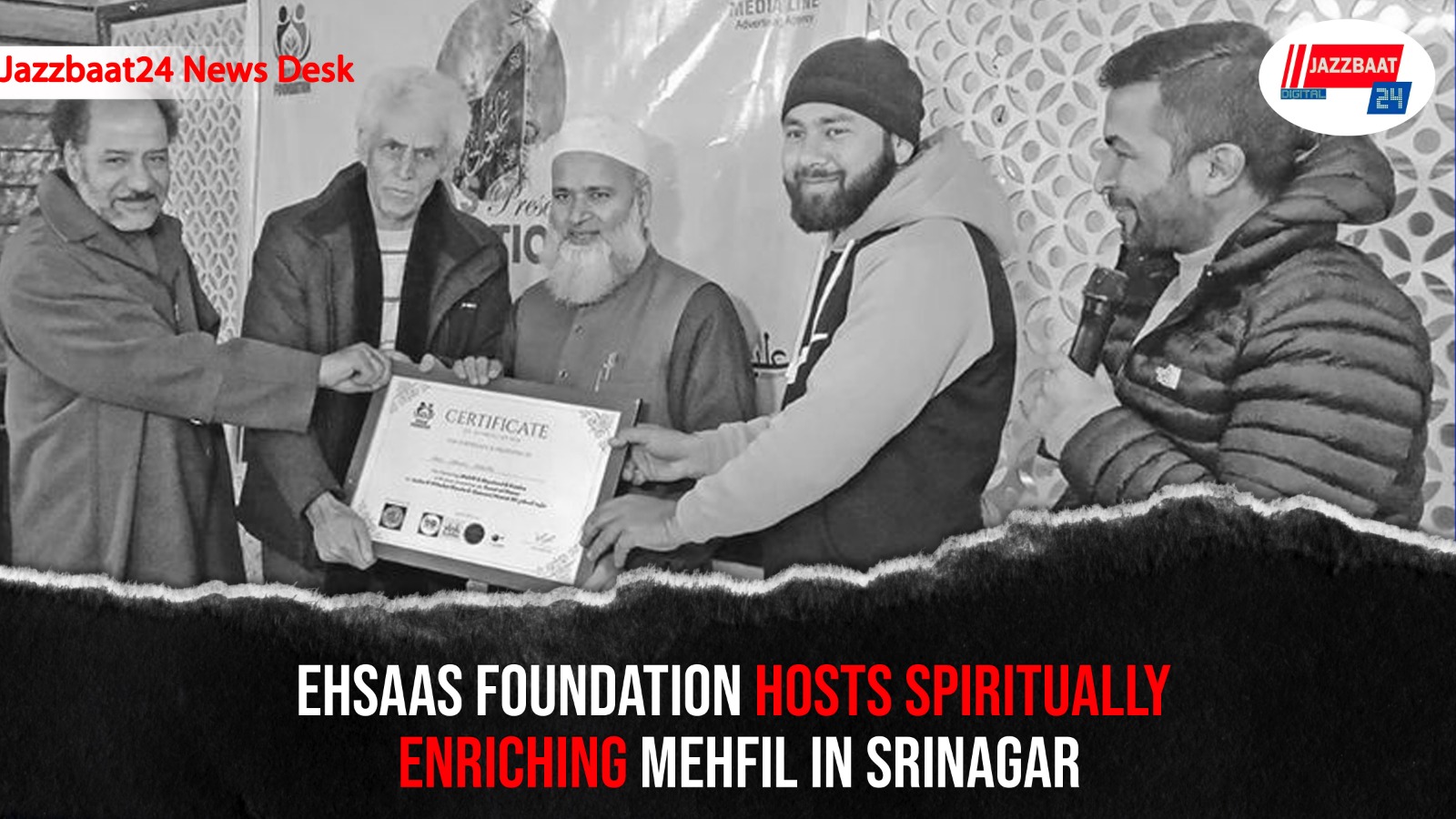Parliament Rejects Genocide Motion
In a significant yet controversial decision, the Canadian Parliament has voted against recognizing the 1984 anti-Sikh violence in India as genocide. The move has reignited debates about historical justice and minority rights, both within Canada and globally.
The motion, introduced by a minority party member, sought to condemn the large-scale killings and violence against Sikhs following the assassination of Indian Prime Minister Indira Gandhi. While some lawmakers emphasized the need to acknowledge these events as genocide to uphold Canada's commitment to human rights, the majority argued that the motion lacked sufficient evidence and context.
Critics of the decision have accused the Parliament of political double standards, citing previous instances where Canada has been vocal about other countries' human rights violations. They argue that the rejection undermines Canada’s image as a global champion for justice and minority protection. Others, however, believe that such a declaration could strain Canada-India relations and jeopardize economic and diplomatic ties.
The Sikh community in Canada, one of the largest outside India, has expressed deep disappointment. Many believe the rejection signals a lack of empathy toward their pain and an unwillingness to confront uncomfortable truths.
Proponents of the decision argue that labeling the violence as genocide would politicize a historical tragedy. They stress the importance of fostering reconciliation and dialogue without furthering divisions.
The debate continues to polarize public opinion, reflecting the challenges nations face in balancing historical accountability with present-day diplomacy.





